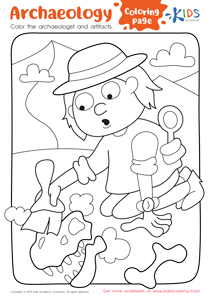Normal Alphabet worksheets activities for Ages 3-4
4 filtered results
-
From - To


Rhyming Words: Assessment Worksheet


Vowel and Consonant Sounds: Assessment Worksheet


Phonological Awareness: Assessment 1 Worksheet


Phonics and Word Recognition: Assessment 1 ELA Worksheet
Normal Alphabet worksheets activities are an invaluable resource when it comes to laying the foundation for literacy in young learners. These activities are designed not only to introduce children to the letters of the alphabet but also to foster an understanding of their sounds, shapes, and the various ways they connect to form words. The benefits of engaging in normal alphabet worksheets activities are manifold and extend far beyond mere letter recognition.
First and foremost, these activities enhance fine motor skills. As children trace, write, and color letters, they develop the hand-eye coordination and pencil grip necessary for effective writing. This physical interaction with letters makes the learning process tangible and interactive, catering to various learning styles and keeping children engaged.
Additionally, normal alphabet worksheets activities bolster phonemic awareness. By associating letters with their sounds through repetitive exercises, children begin to understand the building blocks of phonics. This early exposure to phonics is critical in enabling children to decode words independently, a skill that is foundational for reading fluently.
Moreover, these activities promote visual discrimination, teaching children to recognize and differentiate between various letters. This skill is crucial not only for reading but also for writing, as it helps prevent common reversals and confusion between similar-looking letters.
Furthermore, normal alphabet worksheets activities encourage vocabulary development. As children learn to associate letters with sounds and words, they naturally expand their lexical reservoir. This enriched vocabulary then feeds into their comprehension skills, enabling them to grasp more complex texts as they progress in their literacy journey.
Lastly, these worksheets provide a structured way for children to practice and consolidate their learning. Through repetition and the gradual introduction of new letters, children build confidence in their abilities, fostering a positive attitude towards learning.
In summary, normal alphabet worksheets activities are a foundational tool in early childhood education. They not only introduce children to the basics of the alphabet but also support a range of developmental areas crucial for literacy success. Engaging in these activities sets the stage for a lifelong love of reading and learning.
 Assign to the classroom
Assign to the classroom











